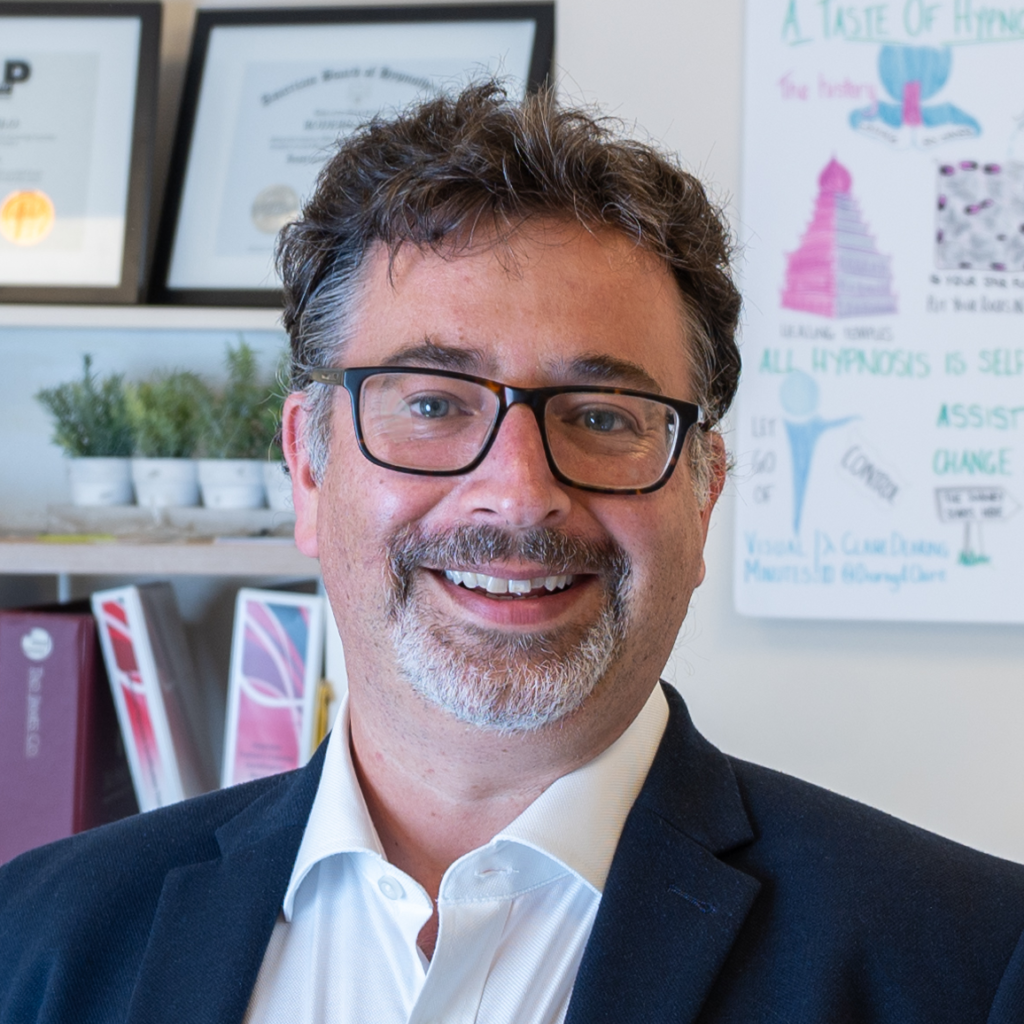As the new year approaches there will be many of us either already embarked upon or considering a personal challenge of some kind. Some of us do this to find out something new about ourselves, or get out of the comfort zone and learn something new. The four steps to learning can apply in any context when learning something new, such as learning to drive, cook, a sport or in my case the Bolton Hospice Strictly Learn to Dance in twelve weeks challenge. As we progress through each step, our learning and building of competence increases. For those of you who have started or are considering a challenge in the New Year, having this understanding of learning will prove of value to setting your expectations and mindset.
Step 1 Unconscious Incompetence
We will all be familiar with this step. In other words I don’t know what I don’t know and that’s fine for me right now! Being unconsciously incompetent can be enjoyable in certain circumstances (despite treading on toes for me). There is more unawareness than awareness which can add an element of fun with less pressure on self due to low expectation. There is a lot of energy and enthusiasm at this stage which fuels our learning and commitment. To get to the next stage use your curiosity and enthusiasm to accelerate your learning.
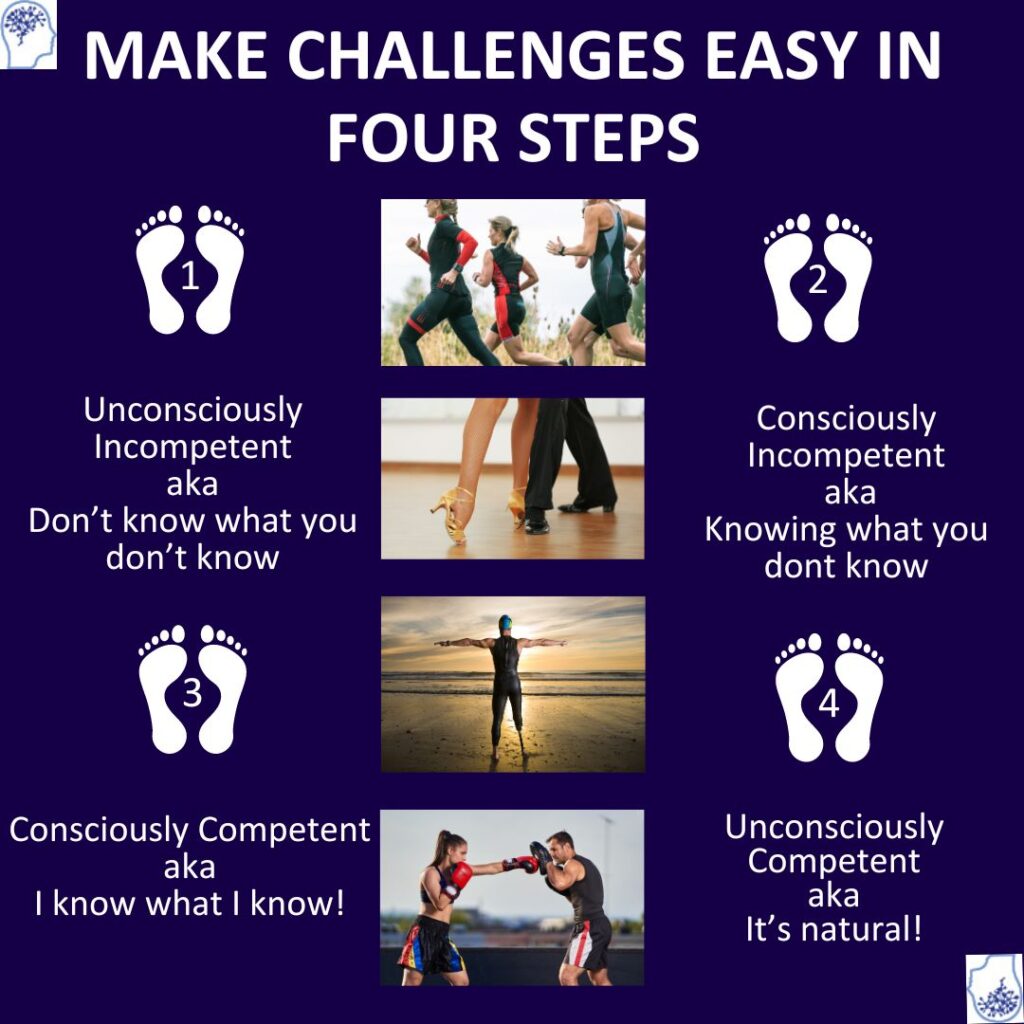
Step 2 – Conscious Incompetence 
Have you ever been in this position where you know what you don’t know? This is more of a challenge, as it’s a dawning realisation of where my level is and what’s required to go in the direction of where I aspire to be. Becoming aware of limitations, areas to improve upon and the size of the challenge can have an impact upon initial enthusiasm, so its really important to be kind to self. Comparing with others can creep in, so by focusing and recognising personal progress towards the outcome or goal is vital. Remember Perfection does not exist! Accept that, at this time you do not have the required neurology to perform at a higher level. By concentrating upon being the best version of yourself every time will make the difference and help you move forward to the next stage.
Step 3 – Conscious Competence 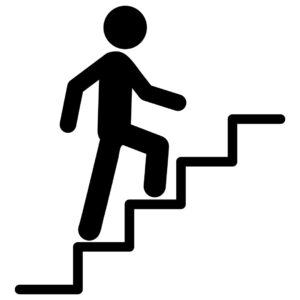
A lot of us may be in this place right now with our learning development, its when you know what you know. Being consciously competent and aware of this is a bit like a check point. It’s similar to passing a driving test so you are able to drive legally on the roads. What we know or start to find out is this is when the real learning to drive begins, such a difference! This is a stage for consolidation of learning and for some it might be as far and as attainable at the time. To avoid complacency we want to keep focusing on what we want and enjoy what we are doing. To move forward and break through to the next stage we want to aim for and completely focus upon excellence in whatever we are doing building up our experience.
Step 4 – Unconscious Competence 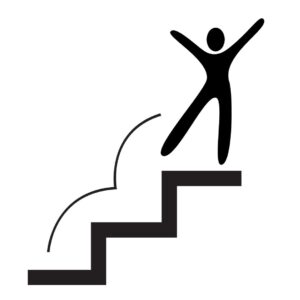
Being unconsciously competent is the ultimate in step four, it’s doing without thinking and as if it’s natural. This is where we desire to be. In the context of driving, it’s that stage where you are unable to remember driving into work! In the context of sport or dance, it’s when you are in complete ‘flow’ and you do this without thinking, feeling totally natural. Compare something that you do already that is entirely natural (without thinking) and how you effortlessly and easily perform. Now compare it to when you think about what you do. What’s the difference in the end result? This is the difference between unconscious and conscious approaches, we all know that unconscious is so much more effective.
Using NLP 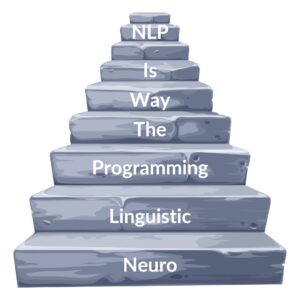
We can use NLP in all areas of life, it is much more than a set of skills or tools, it’s an approach which can be integrated into daily use.
If you want to learn about using your unconscious in your day to day then get in touch for an informal chat on how our NLP development programmes can help you.

